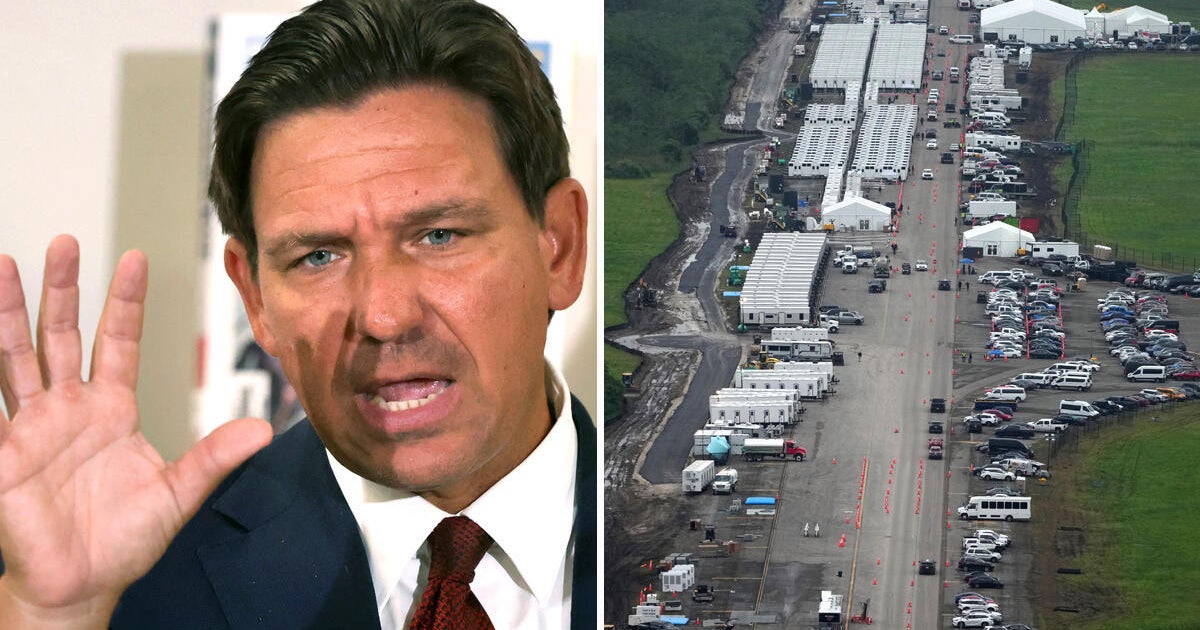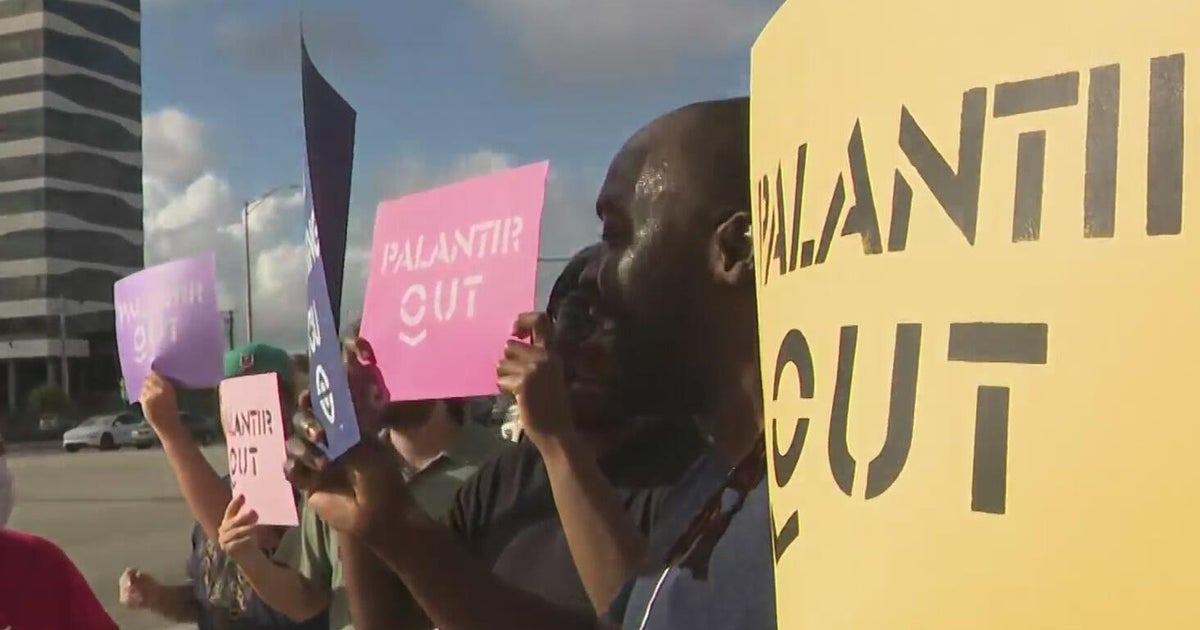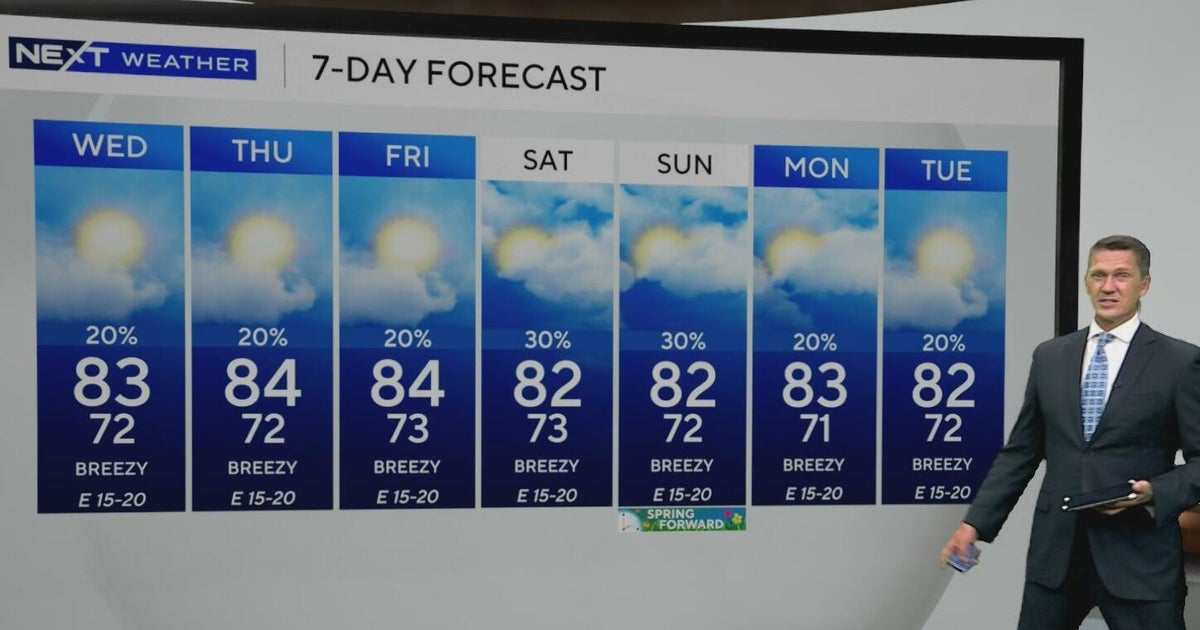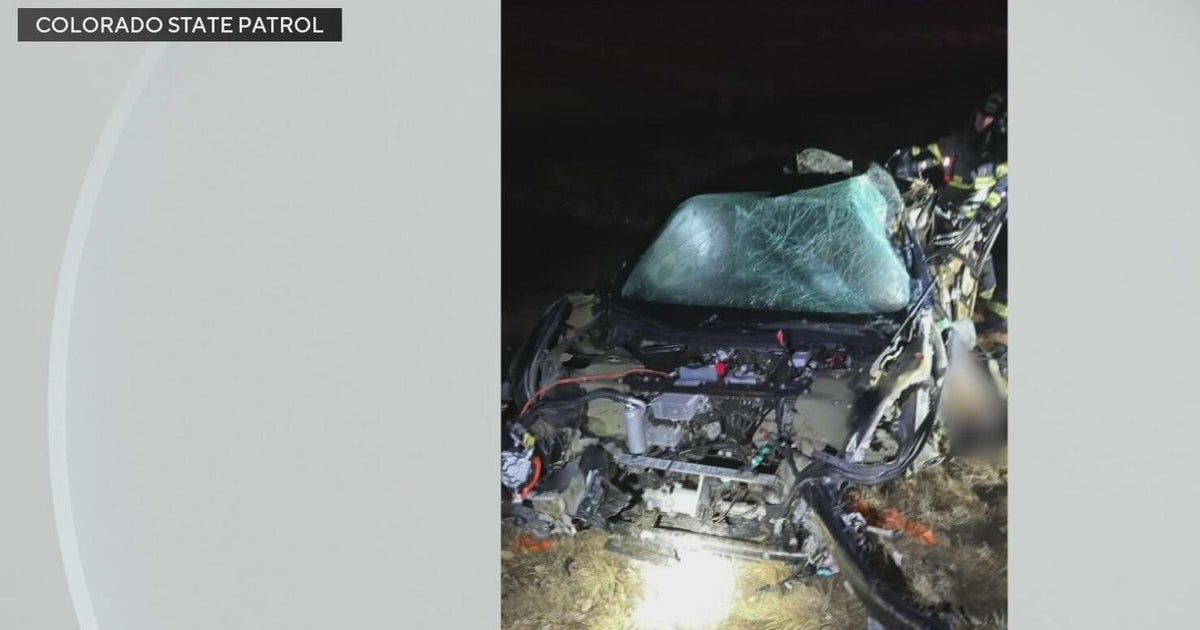Gov. Ron DeSantis’ administration quickly appealed a federal judge’s ruling Thursday that sided with environmental groups and the Miccosukee Tribe, requiring operations to wind down at a controversial immigrant detention facility in the Everglades.
The state filed a notice of appeal of a preliminary injunction issued by U.S. District Judge Kathleen Williams. The judge’s order prevents additional construction and prohibits bringing more detainees to the facility, which the state has dubbed “Alligator Alcatraz.” Williams also ordered the removal within 60 days of temporary fencing, detention-center lighting, and equipment such as generators.
As is common, the notice filed by the state did not detail arguments the DeSantis administration will make at the Atlanta-based 11th U.S. Circuit Court of Appeals. Williams’ ruling came in a lawsuit filed against state and federal officials by Friends of the Everglades and the Center for Biological Diversity, joined by the Miccosukee Tribe.
Judge cites environmental risks at Everglades site
“Plaintiffs have provided extensive evidence supporting their claims of significant ongoing and likely future environmental harms from the project,” the 82-page ruling said. “By contrast, while the defendants repeatedly espouse the importance of immigration enforcement, they offered little to no evidence why this detention camp, in this particular location, is uniquely suited and critical to that mission.”
The state opened the detention facility in July at the Dade-Collier Training and Transition Airport, which was used for flight training. State officials touted it as part of an effort to support President Donald Trump’s fight against illegal immigration.
Florida officials have disputed that the facility poses environmental threats and have cited the decades-long use of the airport. But Williams rejected such arguments, pointing to issues such as additional paving for the detention facility and high-powered lights.
“The light pollution is far worse now than before the camp’s construction,” Williams wrote. “The addition of 800,000 square feet of asphalt paving (with another 1 million planned) increases harmful water runoff relative to the areas previously paved. The frenetic human activity, including vehicular traffic and wastewater from thousands of people daily, was essentially absent prior to the detention camp’s construction.”
Federal lawsuit alleges law violations
The lawsuit, filed in the federal Southern District of Florida, alleges violations of the National Environmental Policy Act, a federal law that requires evaluating potential environmental impacts before such a project can move forward.
Williams wrote Thursday that there was “no process” to evaluate the risks of the facility, which is surrounded by the Big Cypress National Preserve.
It was not immediately clear how many immigrants are detained at the facility.
Florida officials initially said it would house up to 3,000 detainees and could be expanded to add 1,000 people. Florida Division of Emergency Management Director Kevin Guthrie recently said the facility had a capacity for 2,000 detainees and held 1,000.
Facility faces multiple legal challenges
Williams’ ruling Thursday came after she issued a temporary restraining order on Aug. 7 that blocked state and federal officials from further expansion of the facility. That order was slated to last two weeks.
The environmental lawsuit is one of two closely watched cases about the facility. The other involves access to legal representation for detainees.



